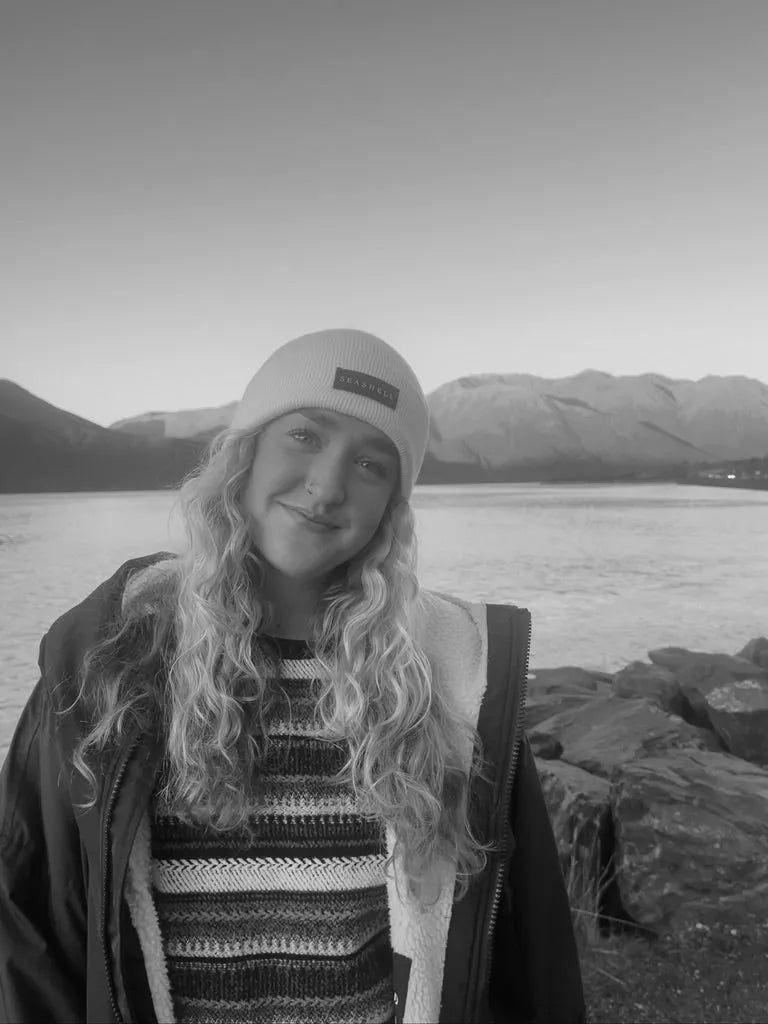Elanor Trigg, a 20-year-old from Cornwall, followed her passion all the way to Alaska on a self-funded journey to study the endangered beluga whales. Driven by a commitment to conservation, she worked with the Alaska Beluga Monitoring Program to gather critical data and raise awareness for these remarkable creatures. Here, she shares her inspiring story and her vision for the future of marine conservation.
How did you first become interested in marine biology and environmental conservation?
As far back as I can remember my passion for marine biology and later environmental conservation has been a part of my personality. From age 6 or 7, I was captivated by whales and used to attempt to draw them (as it turned out very badly) and wanted to learn everythingI could. I used to confuse and surprise my classmates with my early knowledge of Baleen plates and diets of various species. The ocean and particularly its mammal inhabitants are so fascinating.
I grew up spending my best times on holiday with my family on boats, sailing, scuba diving, basically jumping in the ocean at any opportunity. Now at the age of 20 I am living by the sea in Cornwall. I was a bit bizarre really, at the age of 9 I had announced to my parents that I wanted to become a Marine Biologist and I decided that my Christmas and birthday presents should be a donation to the whale and dolphin conservation society helping to sponsor protection for a whale called “Reflection” for a number of years. I think I maintained this determination choosing science, as this part didn’t always come naturally to me at school. At A levels I chose to do a science simply so that I was able to choose Marine Biology as my BS degree at the University of Exeter. And now I’m living on the Falmouth Campus studying Marine Biology it feels like a dream come true.
Growing up in a world where issues like climate change, pollution, and species extinction dominate the headlines has left me and a lot of my friends feeling powerless, as if we came too late to a party. But it’s exactly this that has made me feel that I want to be part of small but meaningful changes to help conserve what makes our oceans so amazing.
Can you tell us more about your dissertation project and why you chose to study Beluga whales in Alaska?
My dissertation focuses on the critically endangered Cook Inlet Belugas at Ship Creek. Bystudying these whales with the Alaska Beluga Monitoring program, I aim not only to gather important data but also to raise awareness about their frightening situation. Their population has plummeted from over 1,000 individuals to around 300 today, with no strong signs of recovery.
By helping to analyse their movement and habitat usage in this region, I hope that I can support the ongoing conservation efforts and contribute, in a small way, to the protection and rehabilitation of this species. Ultimately, my dissertation has allowed me to merge my passion for marine biology with a sense of purpose: It’s a unique opportunity to combine my university work with environmental action and that feels like a real privilege.
What are the biggest threats to beluga whales?
The Cook Inlet belugas are currently facing several threats that limit their chances ofrecovery. The whole area is experiencing urbanisation and marine dredging, and the sounds and movements of these boats disrupt their habitat, and can all impact their communication with each other, and their ability to navigate to find food.
They are vulnerable to disease and predation from Killer whales, and strandings are common in the area, but I really believe the project out there is drawing attention to their depleting numbers and is helping to protect them.
What specific data did you collect during your two months in Alaska, and how will it contribute to conservation efforts?
Basically, I helped to collect data on tides, pod size, and beluga presence, their behaviour, and the sea state conditions. I got to meet with loads of people who want to know more about Beluga’s, and I got to chat with them and tell them what I had learned.
The project is a citizen science project that is attempting to encourage people to care about the environment and build a sense of purpose towards Beluga conservation efforts more widely. It was amazing as it provided me an opportunity to see the belugas in their natural habitat and to see how that habitat might not be the best for them in the future as the community continues to develop the site.
Can you tell us about the most memorable moment from your trip?
The most memorable parts of my trip wasn’t just about the whales (although they were some of my favourites), but about the experience of living in a completely new environment. I met some wonderful people in Anchorage. Verena Gill and Michelle Trifari, whom I worked with, became incredible mentors to me whilst I was out there, teaching me how to make an impact and inspiring me to pursue my ambitions of becoming a Marine Biologist.
Being in a place so different from home, I learned to rely on people I didn’t know before and this taught me a lot about myself as they introduced me to the different landscapes, hiking up the mountains, visiting the glaciers and flying over the local area in a small plane. I also experienced a foreign sense of community that was so different but also similar to my bustling life at university.
They face some unique challenges out there, and I needed to adapt, being away from my usual support network, I believe it helped me grow. I felt it like a chance to step outside of my comfort zone and learn more about what I may be capable of along the way.
What message would you like to share with others about protecting endangered species like the beluga whale?
Simply that our actions count. Whether participating in hands-on efforts like data collection, raising awareness through social media, or highlighting to others the ripple effect that the loss of a species has on entire ecosystems, I think everyone can make a difference.
After your fieldwork in Alaska, how do you envision the next steps in your academic or career path?
I feel both excited and a bit unsure about my next steps. I’ve been fortunate to discover my passion for marine conservation, and I know that I want to continue studying and working with whales and ocean animals. I love sharing my passion for whales with others and I can see myself pursuing opportunities in this field. For now, my focus is completing my dissertation, but I’m excited to see how these recent experiences maybe help shape my future path.
Find out more
As she continues her studies and looks toward a career in marine biology, Elanor hopes her story will inspire others to act for the oceans and their inhabitants. Find out more about The Alaska Beluga Monitoring program below.


Come and join us!
Join us every Saturday at 10am at the Fittie end of Aberdeen beach for invigorating dips in the sea. The refreshing waters will not only revitalize your body but also uplift your spirits, offering a perfect blend of mental clarity and physical well-being.
For updates on volunteering at beach cleans, joining adventure days, and other upcoming events please see our social media pages.
The ultimate guide to unlocking the full potential of one of nature's most powerful resources.
Cold water has been used for centuries as a natural remedy to promote health, vitality, and well-being, and its benefits are backed by science.
Whether you're a seasoned cold water enthusiast or just starting out, this comprehensive guide will provide you with all the information you need to harness the power of cold water and take your health and wellness to the next level.












Ghost Net 1000: Weigh-Day is Approaching! Take a Guess for Your Chance to Win!
From Jakarta to Bali’s Depths: Indonesia’s Most Experienced Freediving Instructor